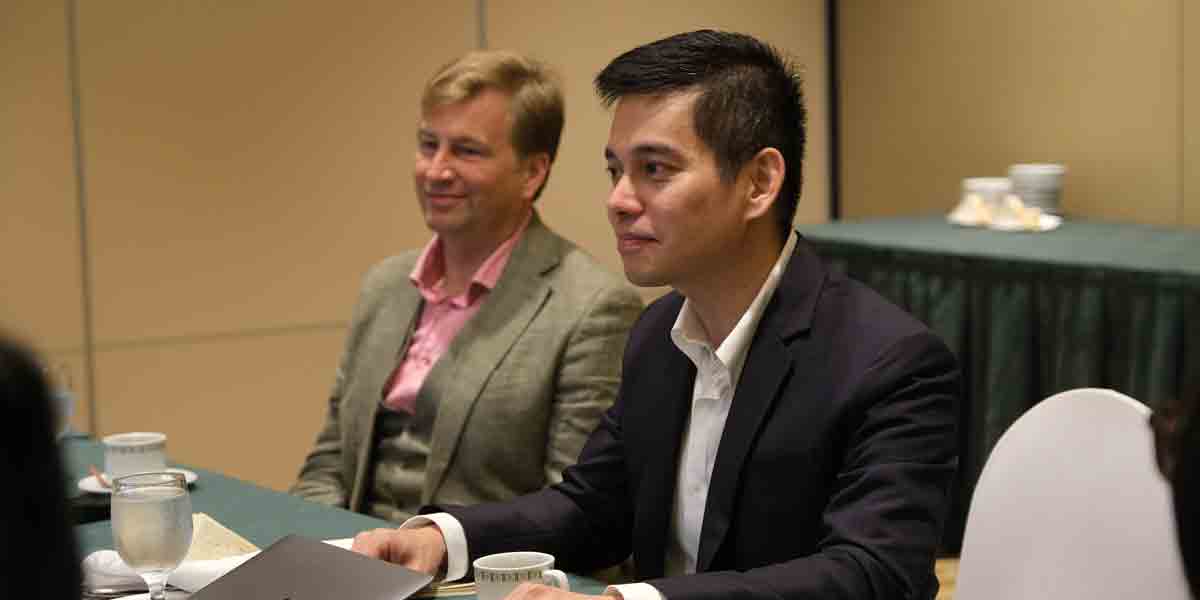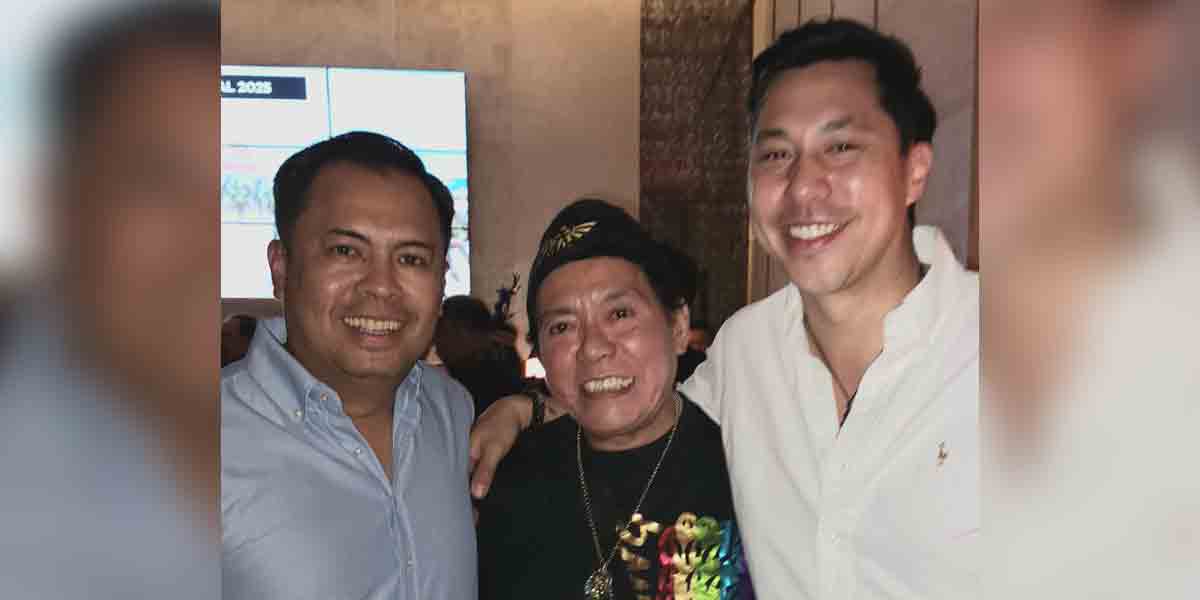By Atty. Anfred P. Panes
(The author is the founding partner of A.P Law and a Professorial Lecturer of the USA College of Law)
When an institution upsets the general populace, the diversity of reactions instantaneously comes abound. The “Pandemic Effect” featured by the Belo Medical Group as a “marketing strategy” in the form of an advertisement of their services drew flak among the netizens for its seemingly insensitive take on the development on a woman’s body. Further, in reference to their 2012 ad branding “a little whitening makes a big difference”, this incident is not novel. When an institution speaks, it stirs public opinion.
The optics of such opinion is the partiality of branding the standard of beauty to be universal that is: skinny, hair-free, with a fair complexion.
This is rather unfair.
We admit that this year has been tough but it is fair to opine that fixing one standard of physical beauty is the least of our concerns. As they say, we have to remember that this body kept us alive during the pandemic. At any rate, we owe our existence to this body. Thus, an ad that says someone is “ugly,” when survival itself is difficult during these times is, dare I say, the height of insensitivity.
Nevertheless, the company promptly apologized for its acts. It is a noble gesture of recognition that a certain class does not monopolize the propagation of what beauty should be. At the very least, we need an institution which genuinely heeds on to the well-grounded and legitimate call of the public. However, correction transcends beyond a simple apology. An informed institutional view is warranted. Thus, it is not just our perspective of liberal portrayal of “beauty” but rather it is our cultural understanding that we should not be subjected to Western standards of beauty to boost our self-esteem and confidence.
Beauty is more than a physical attribute – it is profoundly emotional and cultural. Flagging the necessity of fixating with the trend of beauty in the foresight of social acceptability is an incongruent means to achieve an end. It would rather create a stratifying paradigm that those not belonging to the class of fresh faces, shiny hair, and slender bodies with fair and flawless skin are the ones beneath the “privileged” class. The stretch marks, cellulite, rapid weight gain, acne, and dry skin and hair are manifestations of the laborious sacrifices, internal battles, and toils that every person is going through during these tough times.
The truest standard of beauty, in this author’s humble opinion, is our ability to feed our families and protect those around us. It is a standard no less beautiful than the one’s propagated by our media today. Such is a measure imbued with grace. That alone is beautiful. What we need is to create a more tolerant and affirmative environment which positively perceives beauty in all its forms, colors, and shapes – appreciating the stories in all its dimensions and substance.

























